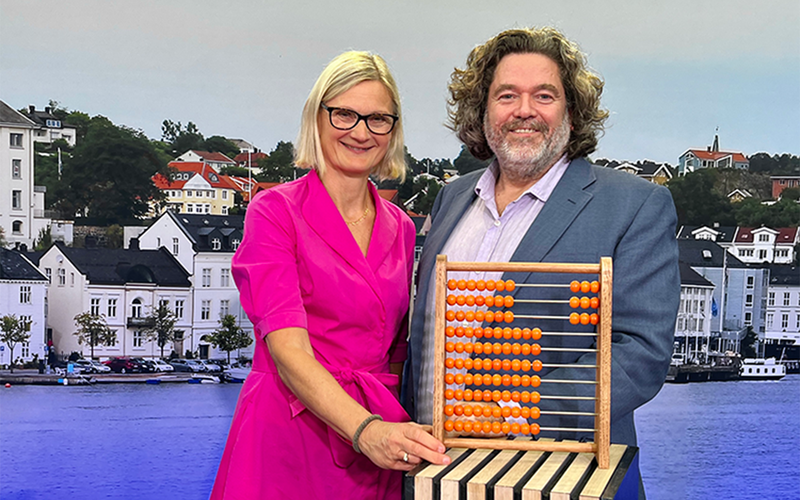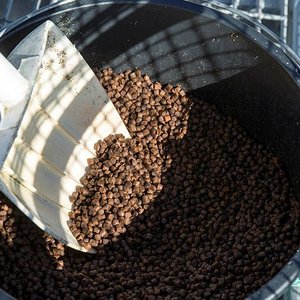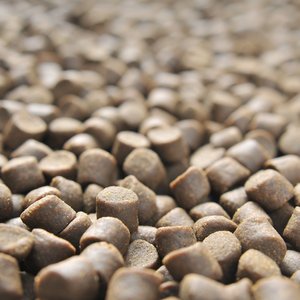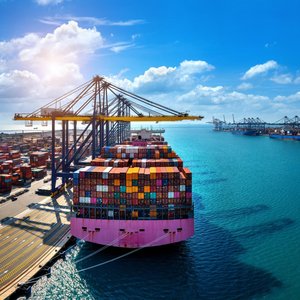Among Norway's 100 largest companies, nine are successfully reducing emissions as mandated, with four hailing from the aquaculture sector. The Climate Index, an annual overview of the climate impact of Norway's 100 largest companies, is compiled by audit firm PwC, drawing from the companies' annual and sustainability reports. The 2023 Climate Index, unveiled during Arendal Week, positions Skretting among Norway's top nine performers.
“The progress is too slow,” said Hanne Løvstad, partner and head of sustainability and climate services at PwC during her presentation at Arendal Week. “While 22 out of 100 companies exhibit emission cuts in their operations and value chains, only nine of these align with the Paris Agreement.”
Løvstad's presentation spotlighted the aquaculture industry, wherein three major aquaculture producers showcase emissions reductions of at least 7%. Løvstad pointed to Skretting as assisting the industry in achieving its climate objectives, given that feed significantly contributes to the salmon's carbon footprint.
“Notably, four of the nine climate champions featured in PwC's climate index hail from seafood companies. This achievement is particularly significant considering that all four are production companies,” said Mads Martinsen, director of sustainability and product development at Skretting Norway.
Substantial emission reductions
“This underscores our recent successes, and it's impressive to witness the aquaculture sector leading Norway's climate efforts,” stated Leif Kjetil Skjæveland, sustainability manager and community liaison at Skretting Norway.
PwC defines climate champions by their transparent, consistent climate reporting over the years. The top-ranked entities must also meet the Paris Agreement's baseline emission cut requirements, averaging at least 7% annually over the past three years. Skretting Norway's climate footprint last year stood at 1.77 CO2 equivalents per kilogram of fish feed produced, a 46% decrease from the 2018 baseline.
“The lion's share of the substantial greenhouse gas emissions cuts stems from our raw material procurement. Annually, we source 600,000 tonnes of feed raw materials from over 100 suppliers, and we have tightened our requirements and collaboration in recent years. Additionally, our customers play a pivotal role in this achievement, imposing rigorous demands on us and working collaboratively to realize meaningful reductions,” said Skjæveland.
In-house factory improvements
While over 90% of the feed's carbon footprint originates from raw materials, Skretting Norway underscores its clear targets of achieving a 30% climate reduction across its three Norwegian factories.
“For over a decade, we've managed to cut energy consumption equivalent to an entire feed factory. The footprint of our factories in Stavanger, Averøya, and Stokmarknes is 19% lower than in 2018,” highlighted Skjæveland.
“In receiving this affirmation of the effectiveness of our environmental initiatives, we are immensely gratified. Simultaneously, we feel a heightened responsibility to do even more, collaborating with customers and suppliers to drive forward. The recent heatwaves, forest fires, floods, and extreme weather events remind us of the urgent need for climate action. We are committed to ensuring that Norway's aquaculture industry continues to lead in the development of resource-efficient and sustainable food production,” concluded Håvard Walde, managing director of Skretting Norway.













